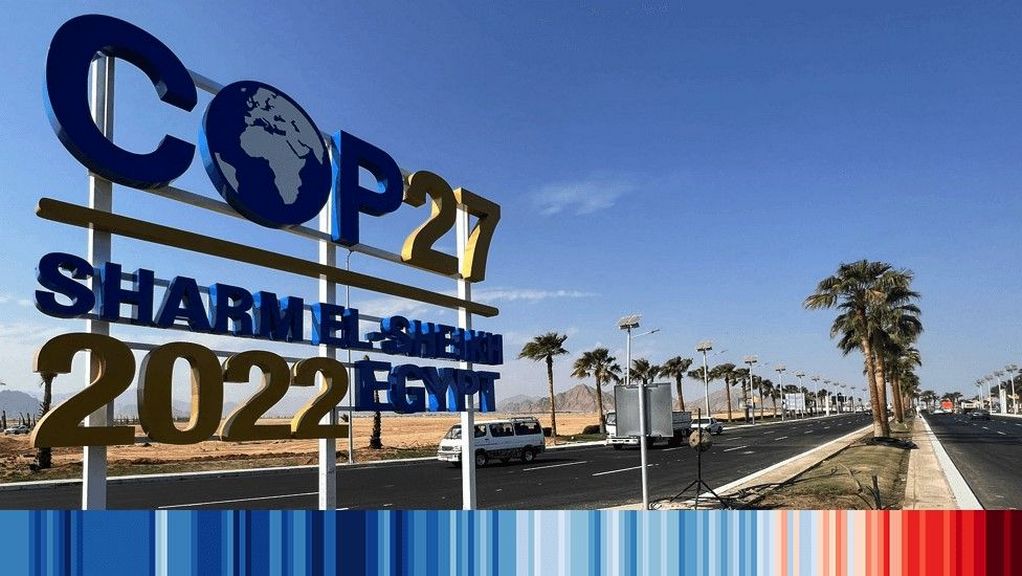Some of the world’s leading economies have committed to reducing greenhouse gas (GHG) emissions from fossil fuels, but said oil and gas consumption will persist as the energy transition takes shape as they seek to balance energy security with decarbonisation.
At the Cop 27 UN climate summit today, the US, the EU, the UK, Japan, Canada, Norway and Singapore pledged to “dramatically” reduce methane, CO2 and other GHGs across the fossil fuel chain, as a “necessary complement to global energy decarbonisation”. They reiterated the need to eliminate routine venting and flaring and to carry out regular repairs in upstream, midstream and downstream oil and gas operations.
There should be “robust” and transparent measurement and reporting, and measures “to require or strongly incentivise reductions in greenhouse gas emissions associated with fossil energy imports” should be implemented, and they said membership of the UN’s oil and gas methane partnership — a reporting framework for the oil and gas sector — should be encouraged.
Methane has been a key focus at Cop 27, with the US pledging $20bn towards tackling emissions of the potent GHG, and detailing a new action plan and tighter restrictions proposed for oil and gas producers.
Tags: Canada, COP27, Emissions, Japan



Recent Posts
Hyundai Glovis to Retrofit Seven PCTCs with Avikus AI Navigation System
Super Terminais orders three more Konecranes Gottwald ESP.10 Mobile Harbor cranes
Covestro and HGK Shipping Extend Partnership to 2040 with Focus on Wind-Assisted Vessel Retrofit
Artemis Technologies Successfully Demonstrates 100 Percent Electric Crew Transfer Vessel at Aberdeen Offshore Wind Farm
IACS Council Advances Decarbonisation, Digitalisation and Governance Priorities at C91 Meeting in Beijing
Japan Launches Major R&D Project to Advance Shipbuilding with Alternative Fuels
EU Adopts Emissions Standards for Low Carbon Hydrogen to Bolster Clean Energy Market
Trafigura to Implement ZeroNorth’s AI Platform Across Global Fleet